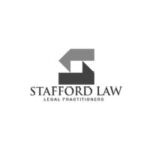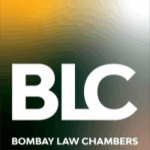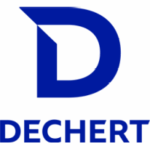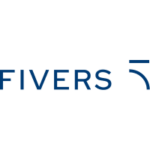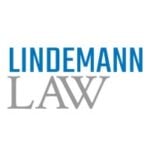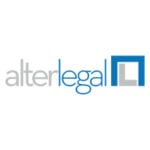-
What are the principal legal structures used for Alternative Investment Funds?
-
Does a structure provide limited liability to the investors? If so, how is this achieved?
-
Is there a market preference and/or most preferred structure? Does it depend on asset class or investment strategy?
-
Does the regulatory regime distinguish between open-ended and closed-ended Alternative Investment Funds (or otherwise differentiate between different types of funds or strategies (e.g. private equity vs. hedge)) and, if so, how?
-
Are there any limits on the manager’s ability to restrict redemptions? What factors determine the degree of liquidity that a manager offers investors of an Alternative Investment Fund?
-
What are potential tools that a manager may use to manage illiquidity risks regarding the portfolio of its Alternative Investment Fund?
-
Are there any restrictions on transfers of investors’ interests?
-
Are there any other limitations on a manager’s ability to manage its funds (e.g., diversification requirements)?
-
What is the local tax treatment of (a) resident, (b) non-resident, (c) pension fund and (d) sovereign wealth fund investors (or any other common investor type) in Alternative Investment Funds? Does the tax status or preference of investors or the tax treatment of the target investments primarily dictate the structure of the Alternative Investment Fund?
-
What rights do investors typically have and what restrictions are investors typically subject to with respect to the management or operations of the Alternative Investment Fund?
-
Where customization of Alternative Investment Funds is required by investors, what types of legal structures are most commonly used?
-
Are managers or advisers to Alternative Investment Funds required to be licensed, authorised or regulated by a regulatory body?
-
Are Alternative Investment Funds themselves required to be licensed, authorised or regulated by a regulatory body?
-
Does the Alternative Investment Fund require a manager or advisor to be domiciled in the same jurisdiction as the Alternative Investment Fund itself?
-
Are there local residence or other local qualification or substance requirements for the Alternative Investment Fund and/or the manager and/or the advisor to the fund?
-
What service providers are required by applicable law and regulation?
-
Are local resident directors / trustees required?
-
What rules apply to foreign managers or advisers wishing to manage, advise, or otherwise operate funds domiciled in your jurisdiction?
-
What are the common enforcement risks that managers face with respect to the management of their Alternative Investment Funds?
-
What is the typical level of management fee paid? Does it vary by asset type?
-
Is a performance fee or carried interest typical? If so, does it commonly include a “high water mark”, “hurdle”, “water-fall”, “preferred return” or other condition? If so, please explain.
-
Are fee discounts / fee rebates or other economic benefits for initial investors typical in raising assets for new fund launches?
-
Are management fee “break-points” offered based on investment size?
-
Are first loss programs used as a source of capital (i.e., a managed account into which the manager contributes approximately 10-20% of the account balance and the remainder is furnished by the investor)?
-
What are the typical terms of a seeding / acceleration program?
-
What industry trends have recently developed regarding management fees and incentive/performance fees or carried interest? In particular, are there industry norms between primary funds and secondary funds?
-
What restrictions are there on marketing Alternative Investment Funds?
-
Is the concept of “pre-marketing” (or equivalent) recognised in your jurisdiction? If so, how has it been defined (by law and/or practice)?
-
Can Alternative Investment Funds be marketed to retail investors?
-
Does your jurisdiction have a particular form of Alternative Investment Fund be that can be marketed to retail investors (e.g. a Long-Term Investment Fund or Non-UCITS Retail Scheme)?
-
What are the minimum investor qualification requirements for an Alternative Investment Fund? Does this vary by asset class (e.g. hedge vs. private equity)?
-
Are there additional restrictions on marketing to government entities or similar investors (e.g. sovereign wealth funds) or pension funds or insurance company investors?
-
Are there any restrictions on the use of intermediaries to assist in the fundraising process?
-
Is the use of “side letters” restricted?
-
Are there any disclosure requirements with respect to side letters?
-
What are the most common side letter terms? What industry trends have recently developed regarding side letter terms?
Germany: Alternative Investment Funds
This country-specific Q&A provides an overview of Alternative Investment Funds laws and regulations applicable in Germany.



